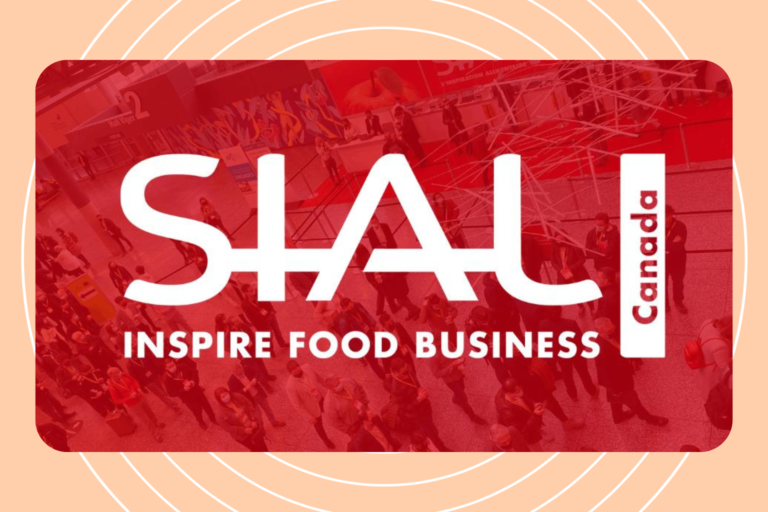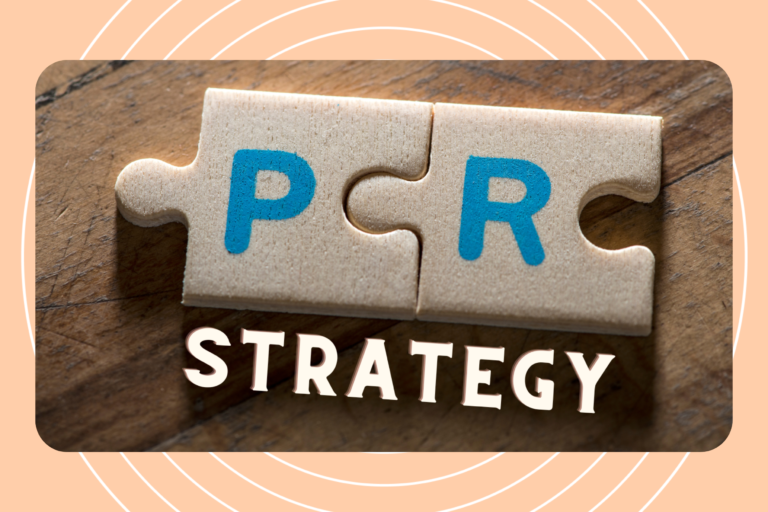By “Charlotte Leung, Contributor” on May 17, 2023
1. Enhance Brand Visibility and Build Brand Awareness

A well-executed media relations strategy is a powerful tool for building brand awareness for a food & beverage company. Media relations can offer mass exposure to a target audience that is already engaged and interested in your industry. By strategically pitching stories to publications read by your target audience, you can capture their attention in a meaningful way. This approach, unlike paid advertising, presents information in a context where the audience is more receptive. Your brand can be elevated through association with trusted information sources, making media relations an effective means to increase brand visibility and attract new customers. This can help the company attract new customers and retain existing ones. For instance, this PR plan for Oatly is an example that shows PR helps build brand awareness by presenting a new image.
With the help of PR, it helps Oatly captivate a rapid growth consumer base worldwide. In packaging the brand, it is packaged in a “recyclable” feel with grey, steel blue and brown with a bubble font with a simple brand message responding to green eating and lifestyles of health and sustainability. The exclusivity of brand hype makes it successful.
Growing Your Brand’s Online Presence

Media relations can significantly enhance your brand’s online presence and improve your Search Engine Optimization (SEO). When you secure a media placement, the coverage is discoverable on the publication’s website and through search engines. You can direct visitors from your site to recent media coverage by creating a digital newsroom and sharing articles across social media. Regular appearances in the media can help maintain your brand’s presence in the public eye and reinforce your company’s image and messages. Consistent coverage in reputable media outlets can position your company as a reliable and trusted name in the food and beverage industry.
Increase Exposure through successful pitches
Media relations with PR help research and identify the key media outlets and journalists that cover the food and beverage industry or are influential among your target audience. This could include traditional outlets like newspapers, magazines and TV, as well as digital platforms like blogs, vlogs and social media. The food and beverage industry offers ample opportunities for storytelling and compelling stories. This could involve the journey of your products from farm to table, showcasing unique ingredients or recipes or highlighting your commitment to sustainability or local sourcing.
2. PR Adds Credibility
PR supplements traditional marketing tactics by balancing paid PR strategies and third-party credibility for authenticity. Successful PR paves the relationship to be built between influencers, journalists, reports, bloggers and food critics.

Positioning as Food Expert Thought Leaders
Media relations can be a vehicle to communicate the most innovative, forward-thinking ideas coming out of your food & beverage company. Having your business experts featured in media gives you validation from a third-party source, which communicates authenticity and credibility. This distinguishes you from other brands and sponsored content vying for audience attention. With repeated media attention, your company becomes the go-to source when customers need your services or journalists require a trusted industry perspective.
Third-Party Validation
When your company or products are featured positively in the media, it acts as a third-party endorsement. Audiences often view media outlets as unbiased and trustworthy sources of information, so this can significantly enhance your brand’s credibility. Expert commentary or insights on industry trends or issues can position your company as a thought leader. This not only helps build credibility but can also set you apart from competitors.
Transparent Communication
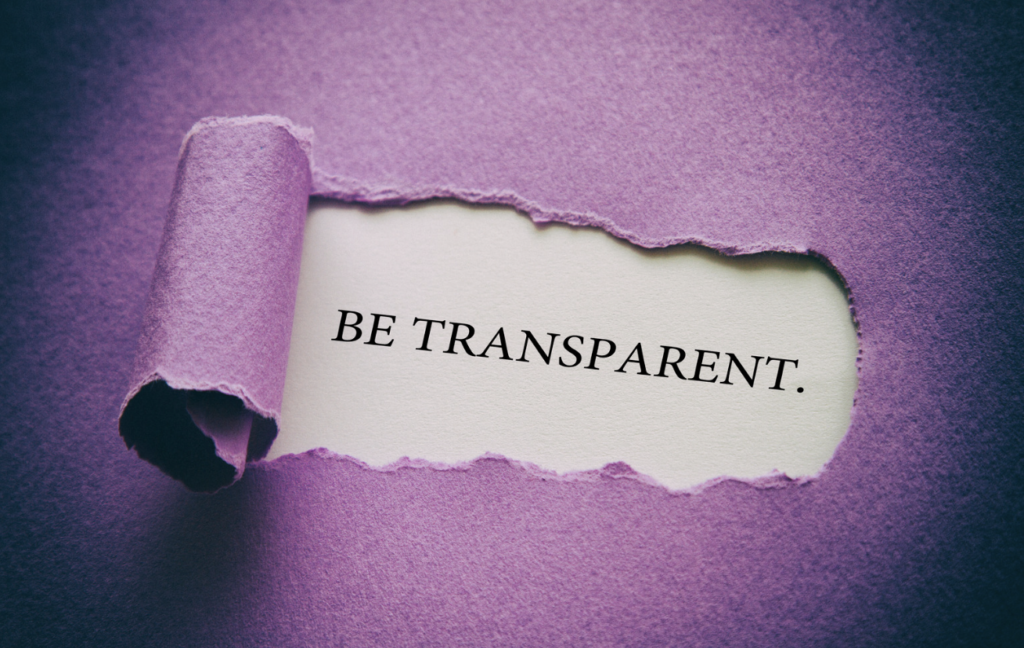
Media is a great channel for transparent communication about various aspects of your company’s operations, from sustainability efforts to supply chain details. This openness can help build trust with consumers and other stakeholders, enhancing your overall credibility. As media relations is a long-term effort that requires consistency and authenticity to form mutually beneficial relationships with media outlets and journalists, this can provide timely, relevant and valuable information.
3. Crisis Management
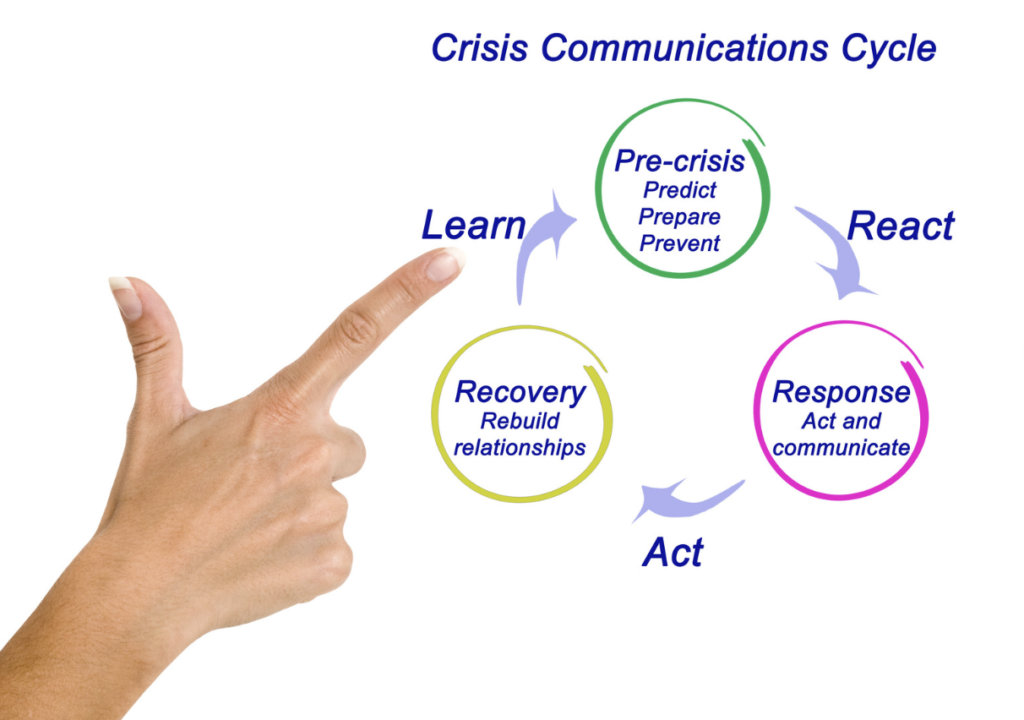
Any industry, including food & beverage, can face potential crises that threaten its reputation. These could range from product recalls due to safety concerns to negative press about company practices. When a crisis occurs, such as a product recall, foodborne illness outbreak or negative press, it is essential to have a plan to manage the situation effectively and to maintain trust with stakeholders.
Media relations can anticipate potential crises and prepare a comprehensive plan in advance to outline the responsible team for managing the crisis, the steps they should take and the key messages to communicate. Having this plan in place can help your company respond quickly and effectively when a crisis strikes. Professional media relations ensure your messaging is clear, consistent and honest using all available channels to communicate with stakeholders, including traditional media, social media and direct communication. A trained spokesperson will be designated to communicate with the media to convey your key messages effectively, handle difficult questions and maintain a calm and professional demeanour. They can also keep track of media coverage of the crisis to understand public sentiment and respond to any misinformation followed by an evaluation to protect your brand’s image for effective crisis management.
Hence, a media relations strategy is crucial in all scenarios to help manage the information flow, mitigate damage and restore your company’s image. Developing a plan for how you will communicate with the media in a crisis with product recalls, food safety issues or other negative events can ensure you respond quickly and effectively to mitigate potential damage to your brand. A well-handled crisis can even improve the company’s credibility by demonstrating transparency and accountability.
4. Product Launches and Promotions
Whenever a food & beverage company launches a new product or runs a promotional campaign, it needs a strategy to inform the public about it. Media relations can help get the word out through press releases, press conferences and media interviews. This is vital for gaining initial traction and customer interest in new offerings. These can be game-changers for food and beverage companies to generate media coverage and word-of-mouth buzz.
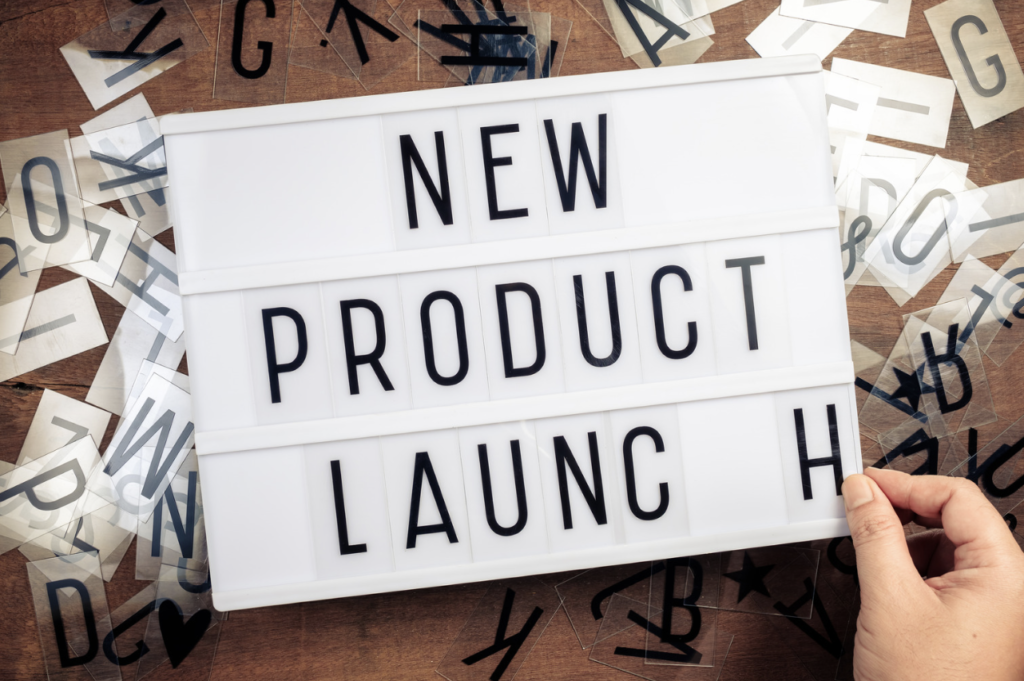
Before the release, press releases and media kits can be sent out to your media contacts with information to cover the story, such as high-resolution images, company background, product information and relevant statistics. Writing a compelling press release announcing the launch or promotion and a comprehensive media kit makes it easy for journalists to cover your story. You can also consider sending product samples to select journalists, bloggers and influencers for a tangible story to share with their audience. If resources allow, host a media event such as a press conference or product tasting. This allows journalists to experience the product in person, ask questions and generate exclusive content. Offering exclusive stories or interviews to key media outlets can generate significant coverage, especially if you can provide unique insights or relevant angles to your audience. Partnering with influencers in your industry can help promote the product on their social media channels, which can generate buzz and reach audiences you might not otherwise have access to.
As successful product launches and promotions through media relations require planning, creativity and strong relationships with media contacts. You have to provide timely, relevant and compelling information to increase your chances of gaining positive media coverage.
5. Stakeholder Communication
Stakeholder communication is a crucial part of any food and beverage company’s media relations strategy. Stakeholders may include investors, employees, suppliers, distributors and even customers.

Press Releases and Public Announcements
Media relations are an essential channel for communicating with stakeholders, including investors, suppliers and employees. By effectively leveraging media coverage, a company can communicate its achievements, financial health, future plans and other important information to these stakeholders. This can help to maintain confidence, attract investment and ensure smooth business operations.
Maintaining Corporate Image and Generate Business Leads
Regular positive media coverage helps maintain and enhance the corporate image of the company, which is important for all stakeholders. It builds trust and confidence in the company’s management and its prospects. Media relations also help generate business leads. Building a reputable brand through media relations can strengthen your relationship with stakeholders, customers and the community. These groups can become leads and offer brand loyalty, supporting your business’s growth. For instance, a Nielsen report found that content from an expert, third-party source boosts purchase consideration significantly more than branded content and user reviews.
Thought Leadership and Investor Relations
Regularly sharing industry insights, expert commentary and innovative ideas can position the company as a thought leader in the food and beverage industry. This can build trust with stakeholders and make the company a go-to source for media seeking commentary about industry trends. Regular financial updates, future projections and other investment-related news can be communicated to investors through the media. This can help maintain investor confidence and attract potential new investors.

Media relations is not a one-size-fits-all solution. It is an essential tool for communicating with stakeholders in the food and beverage industry, more than just getting media coverage—it’s about strategically using media to communicate key messages to the people who have a stake in your company’s success. It should be tailored to your company’s unique goals and objectives. It’s crucial to understand how media relations fit into your overarching PR strategy to leverage it effectively for your food & beverage business. Thus, considering media relations as an extension of your content marketing strategy, rather than a separate effort, can increase your ROI and grow your brand’s online presence.



